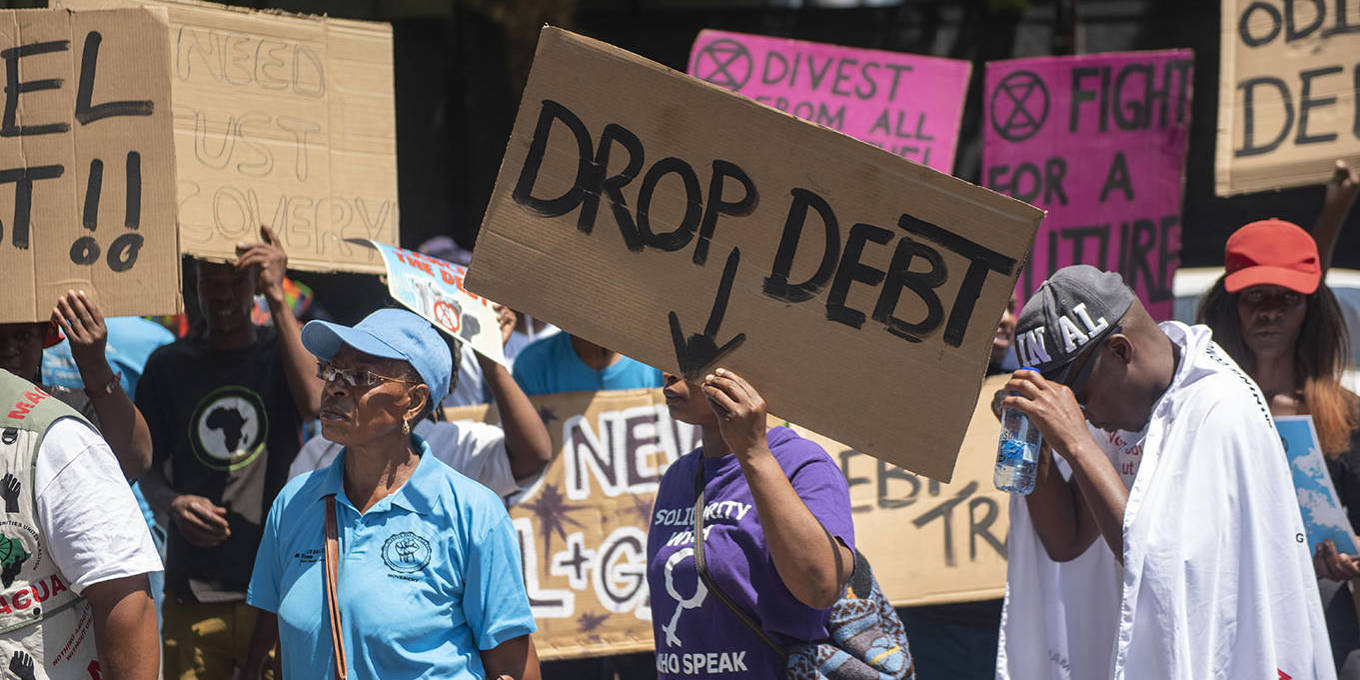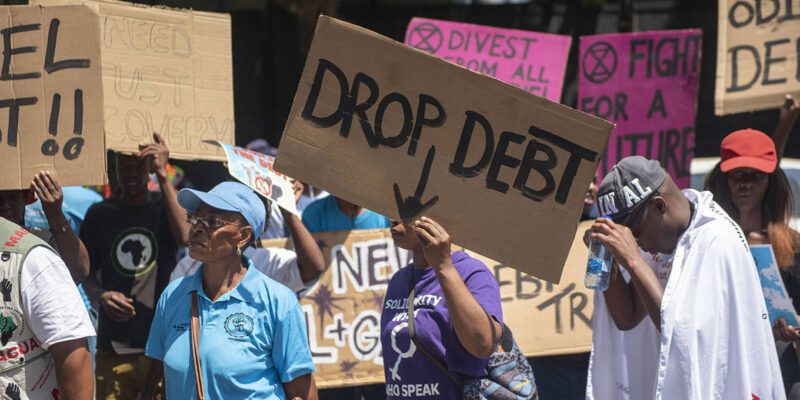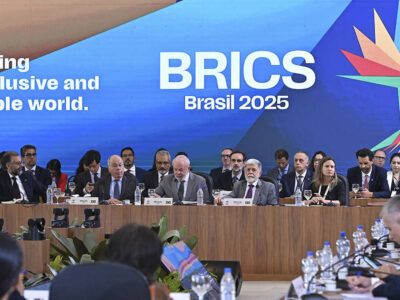
From biased risk assessments to harsh loan conditionality, the global financial architecture is practically designed to entrench inequality. Reforming it is vital to finance climate action, particularly for debt-distressed countries – and Africa must take the lead in advocating for change.
NAIROBI – When delegates from around the world convened in Bonn, Germany, last month for the 62nd session of the United Nations Climate Change Subsidiary Bodies (SB62), the specter of sovereign debt loomed large. For African countries, in particular, debt is no longer a problem unfolding in parallel with escalating climate shocks and widening development deficits, but rather the key obstacle to effective crisis responses. Debt reform and climate finance are two sides of the same coin.











Comments